For so long now,, oral health has been framed around hygiene— make sure to brush twice a day, floss regularly, and use mouthwash. While these practices are important, they overlook a crucial piece of the puzzle: the oral microbiome. Just like your gut, your mouth is home to a complex and dynamic ecosystem of microbes that play a vital role in health—not just for your teeth and gums, but your entire body.
Understanding and supporting your dental microbiome may be the missing link in preventing cavities, gum disease, bad breath, and even chronic inflammation.
The dental microbiome consists of over 700 species of bacteria, fungi, viruses, and archaea that live in the mouth—on the teeth, gums, tongue, cheeks, and even in saliva.
A healthy oral microbiome:
Prevents the overgrowth of pathogenic bacteria (like Streptococcus mutans, the main culprit in cavities)
Maintains oral pH balance
Aids in remineralisation of enamel
Supports immune defences
Acts as the first line of defence for your respiratory and digestive tracts
Dysbiosis—or imbalance in this ecosystem—can lead to:
Dental caries (cavities)
Periodontal disease
Halitosis (bad breath)
Systemic inflammation and higher risk of cardiovascular disease, diabetes, and even Alzheimer’s
Factors That Disrupt the Oral Microbiome
Fluoride and antibacterial mouthwashes (e.g., chlorhexidine)
High-sugar and high-refined carb diets
Frequent snacking and acidic drinks (lower oral pH)
Antibiotics
Smoking and alcohol
Lack of diverse, fibre-rich foods
These disrupt beneficial microbes, reduce microbial diversity, and favor acid-loving pathogens that erode enamel and inflame the gums.
1. Feed the Good Bacteria
Nourish your oral flora with prebiotic-rich foods that support microbial balance:
-
Raw fibrous veggies (celery, carrots, radish)
-
Leafy greens and herbs (spinach, parsley, coriander)
-
Polyphenols from green tea, berries, pomegranate, cacao
-
Cheese and dairy (contain casein and calcium that promote remineralisation)
-
Avoid refined sugar, which fuels harmful species like S. mutans.
2. Introduce Beneficial Bacteria
Oral probiotics can help recolonise the mouth with protective strains:
-
Lozenges or mints containing Streptococcus salivarius K12 or M18
-
Chewable probiotic tablets with Lactobacillus reuteri, L. paracasei, and Bifidobacteria
-
Fermented foods (e.g., kefir, sauerkraut) may help, though most act further downstream
Note: Swishing with probiotic-rich yogurt or kefir is a simple home remedy to expose the mouth to good bacteria.
3. Use Natural Oral Care Products
Switch to microbiome-friendly toothpaste and rinses:
-
Avoid: Sodium lauryl sulfate (SLS), triclosan, peroxide, alcohol-based rinses
-
Look for: Xylitol, hydroxyapatite (instead of fluoride), aloe vera, green tea, neem, essential oils (clove, myrrh, tea tree)
Natural remineralising toothpastes help protect enamel without disrupting microbial balance.
4. Oil Pulling
An ancient Ayurvedic practice, oil pulling involves swishing oil (typically coconut) in the mouth for 10–20 minutes:
-
Binds to lipid membranes of bacteria and pulls them from the oral cavity
-
Shown to reduce plaque, gingivitis, and bad breath
-
Coconut oil also contains lauric acid, which has mild antimicrobial effects
Use in the morning on an empty stomach for best results.
5. Stay Hydrated and Breathe Through Your Nose
Saliva is essential for maintaining a healthy oral environment:
-
It buffers acids, delivers minerals for enamel repair, and carries immune factors
-
Dry mouth (from dehydration, medications, or mouth breathing) favours harmful bacteria
Support saliva by:
-
Drinking water regularly
-
Chewing sugar-free xylitol gum
-
Practicing nasal breathing, especially at night
The Gut-Oral Axis: Why It Goes Both Ways
There’s a strong connection between the oral and gut microbiomes:
-
Poor gut health can influence oral immunity and inflammation
-
Conversely, oral pathogens swallowed daily can impact gut flora and systemic health
Improve your gut-oral axis by :
-
Eating a whole-food, anti-inflammatory diet
-
Reducing sugar, alcohol, and ultra-processed foods
-
Managing stress (which alters salivary pH and immune function)
Activated Charcoal Capsules為您的健康和保健提供強大的補充劑。 立即訂購 |

|
常見問題
火雞尾菇有什麼功效?
火雞尾菇有助於腸道和免疫功能,也因其抗氧化和抗發炎的特性而聞名。它是整體健康和腸道保健的最佳選擇。
獅子毛好還是火雞尾好?
兩者的作用各不相同。獅子草以腦部健康和認知支援而聞名,而火雞尾則以免疫和腸道支援而受推崇。許多人同時服用兩者,以獲得全面的健康。
哪些人不宜服用火雞尾?
對蘑菇過敏、有自體免疫疾病、懷孕或哺乳的人,在服用火雞尾之前,請先諮詢醫療服務提供者。如果您正在服用免疫抑制剂或接受治疗,请务必先咨询医生。
火雞尾會對肝臟造成傷害嗎?
相反地,火雞尾蘑菇似乎可以保護肝臟和改善腸道健康。有證據顯示火雞尾蘑菇可減少肝臟發炎,並支持肝臟的健康。
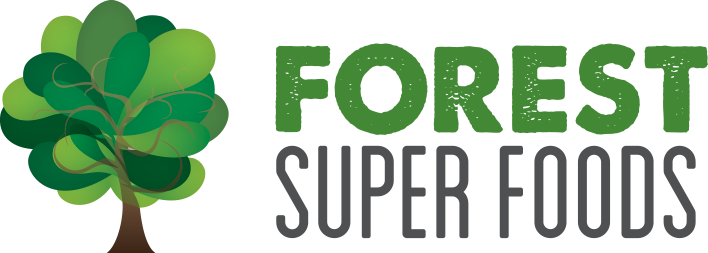



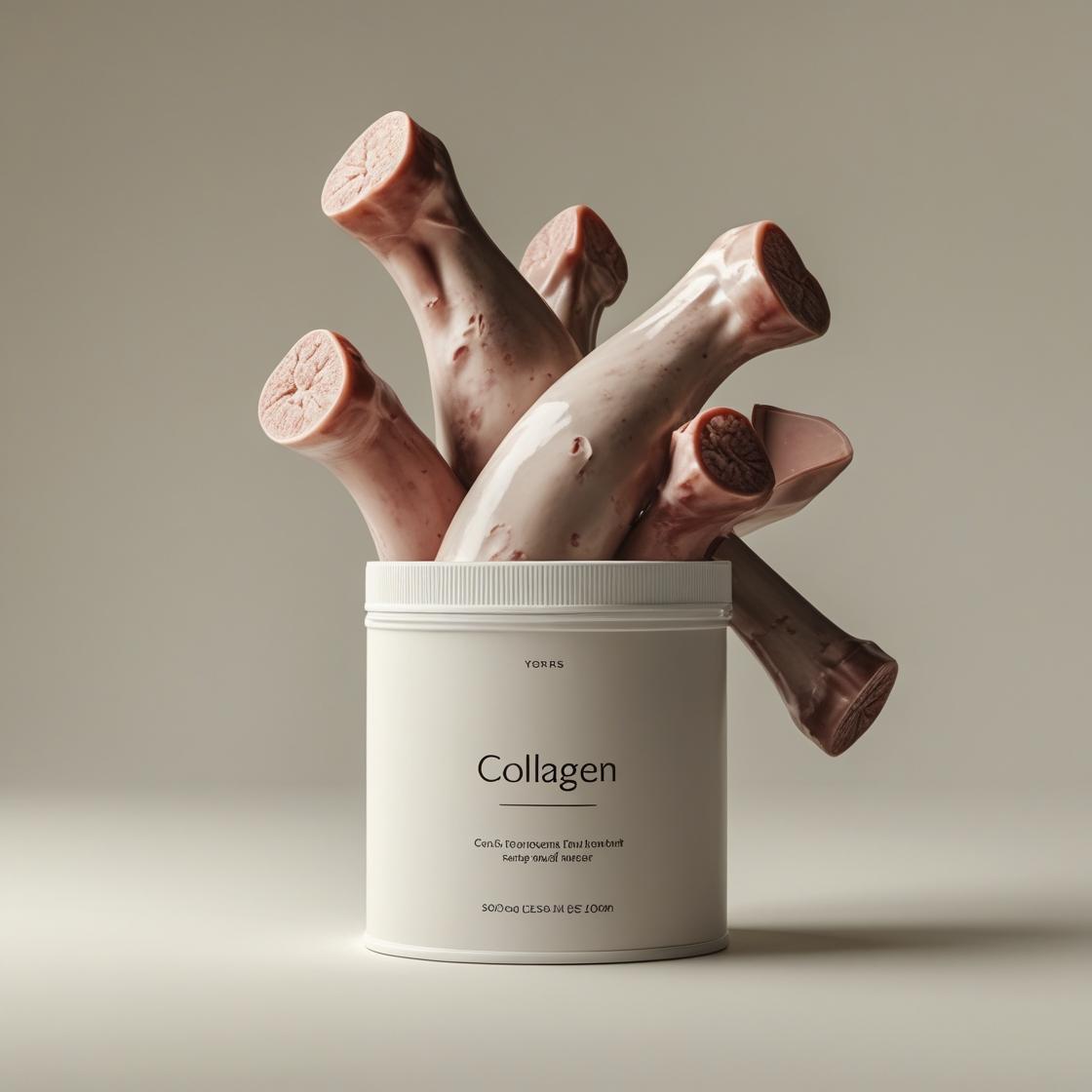
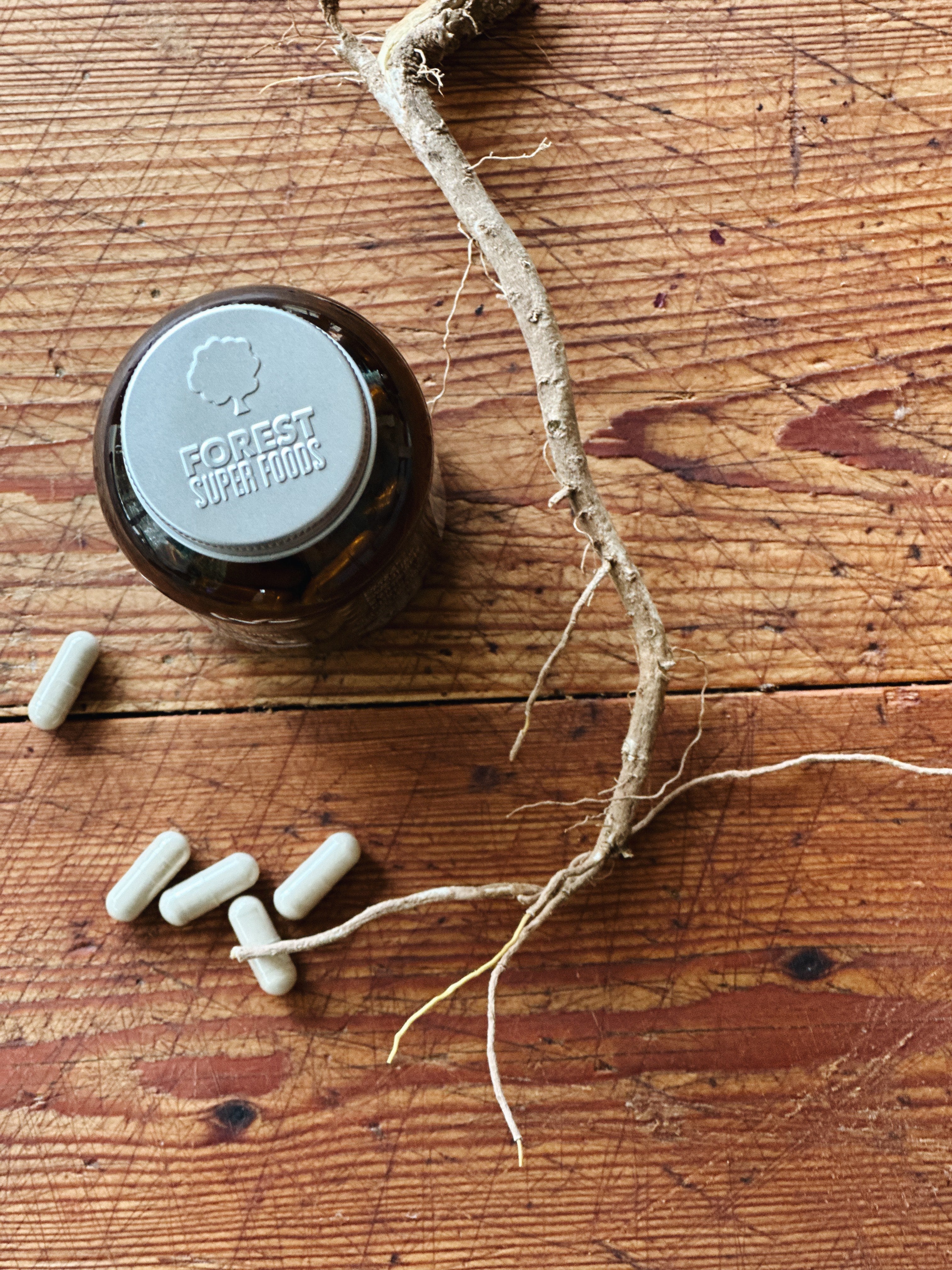
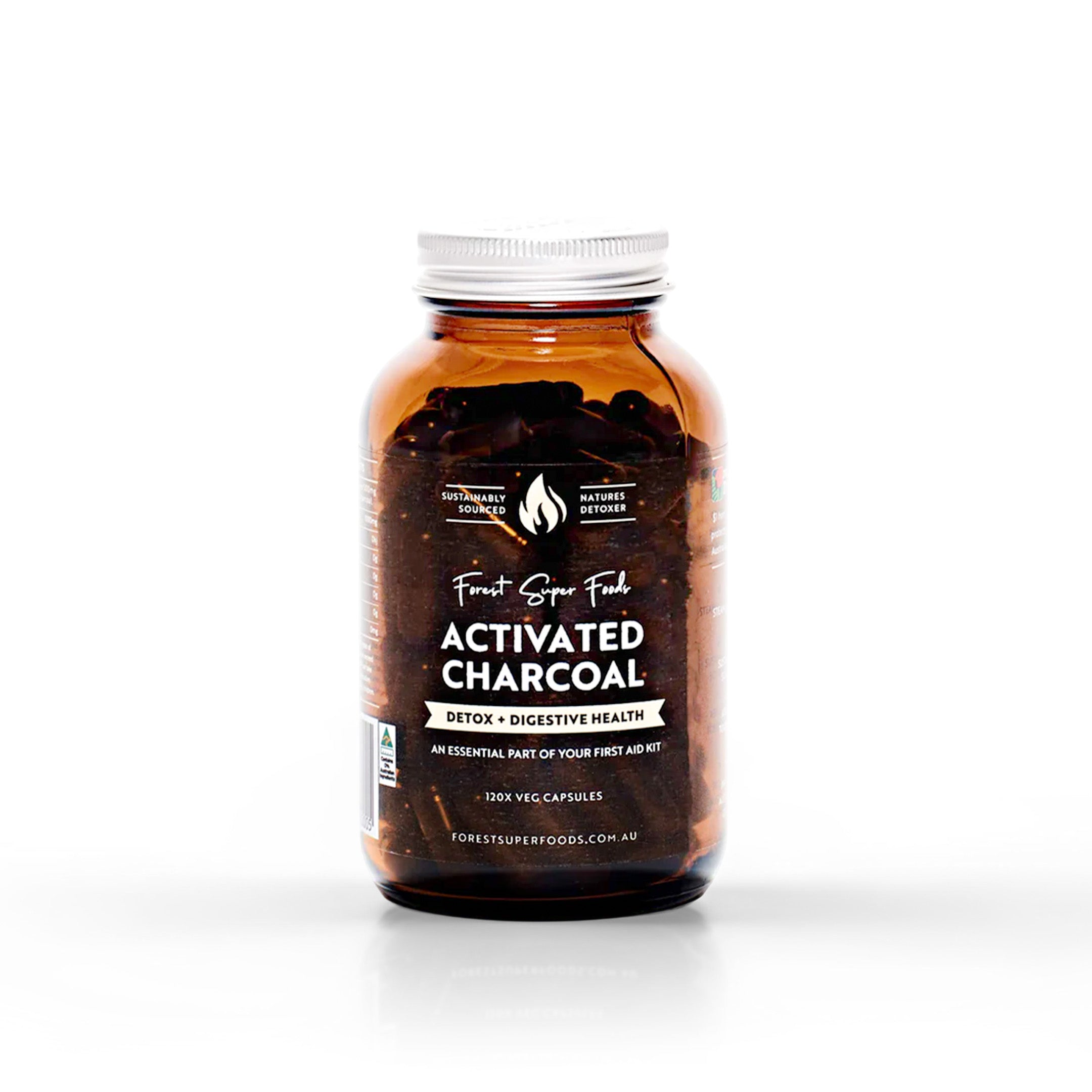
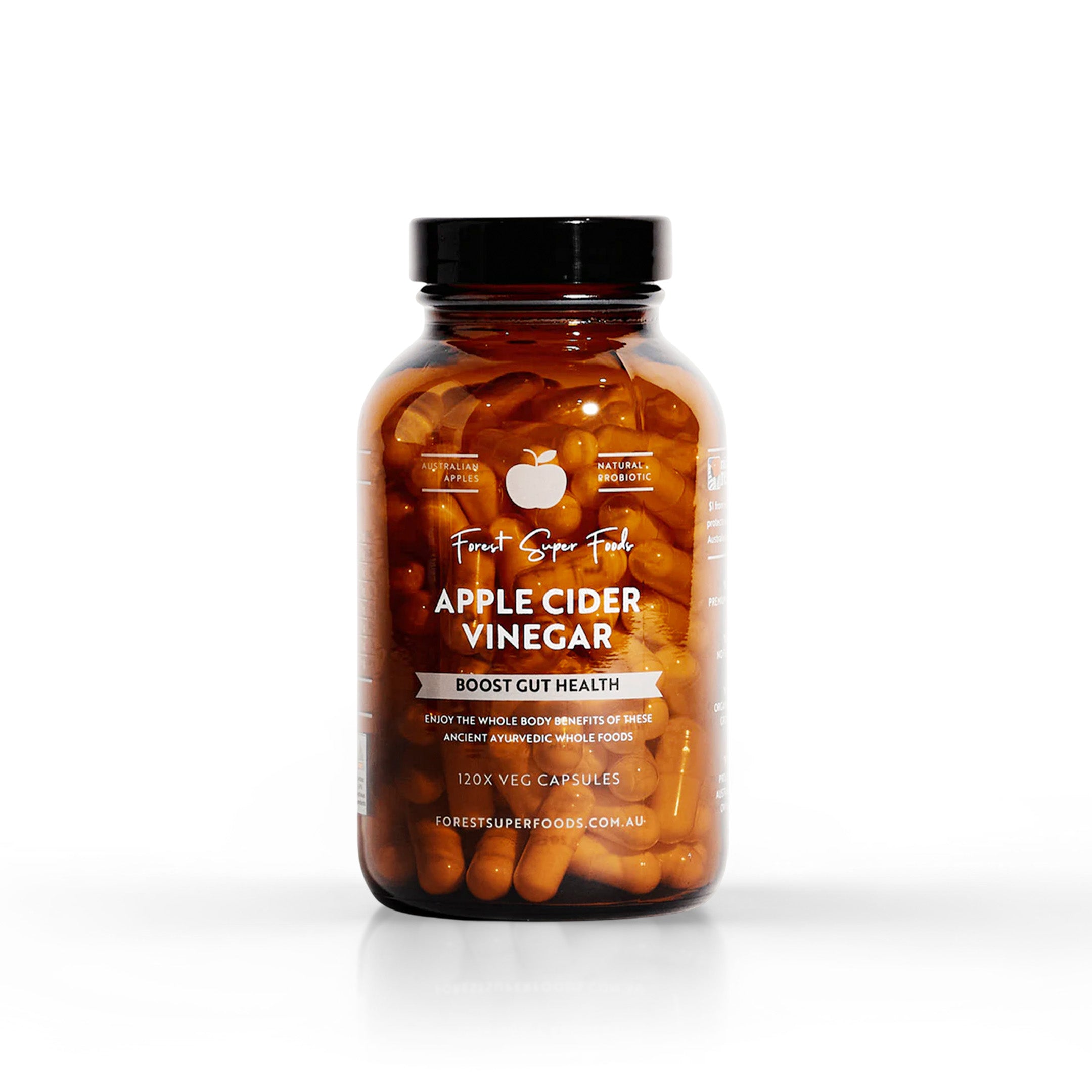
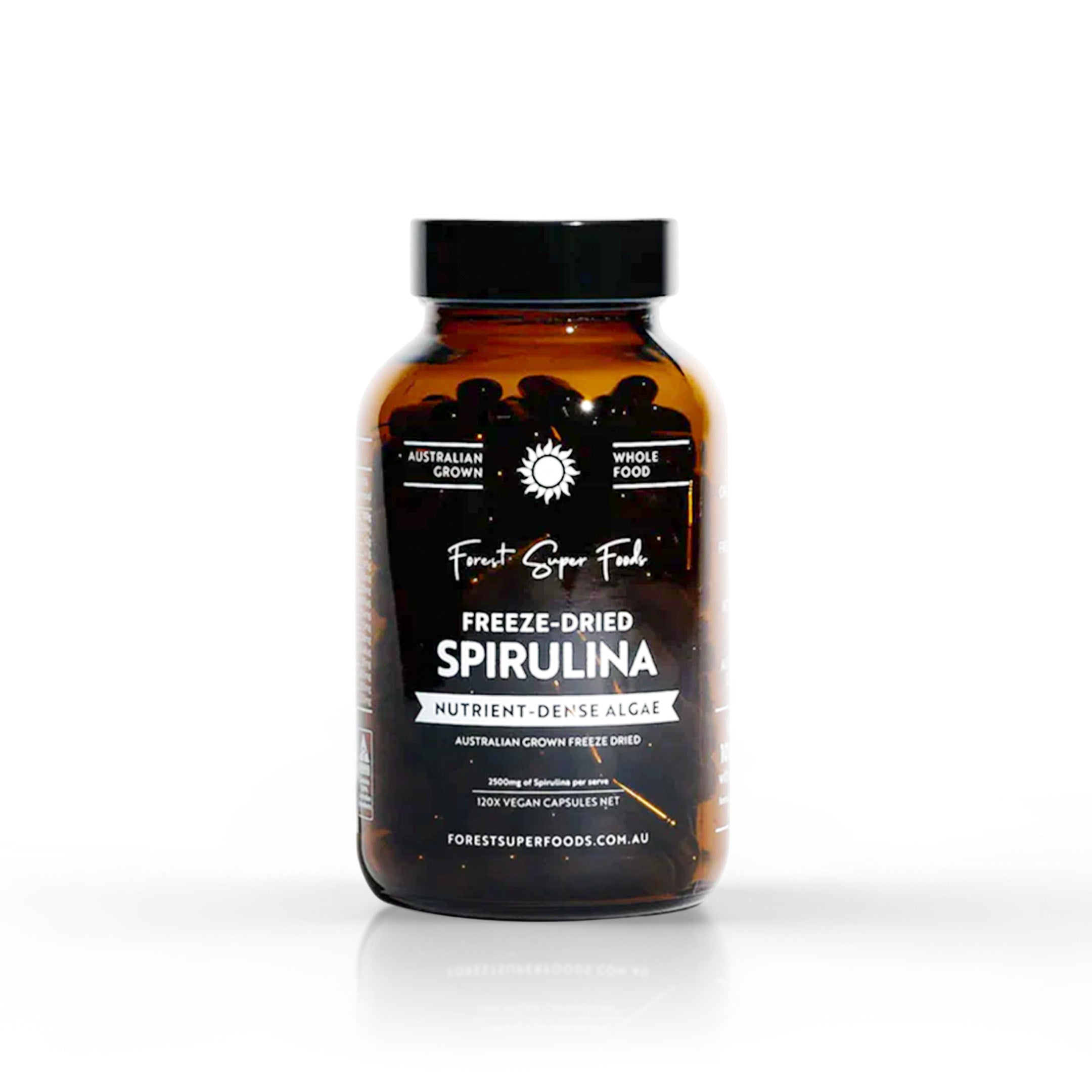
發表評論
所有評論在發表前都經過審查。
本網站受 hCaptcha 保護,並適用 hCaptcha隱私權政策 和服務條款。